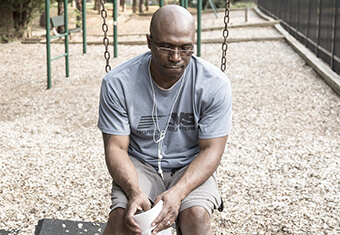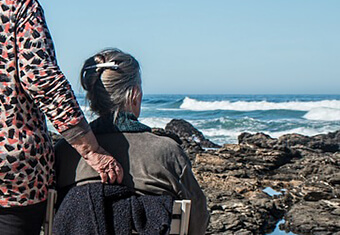Following the death of a friend or loved one, it may be necessary or beneficial to change the will. This may be in order to increase the size of a gift to someone, redirect it or even to adjust the will to take advantage of recent tax changes.
In the UK, changes can be made by a simple document called a Deed of Variation.
Common reasons for making a Deed of Variation
Some common reasons are listed below:
- Someone in the family has been overlooked
- A beneficiary has not been provided for adequately
- Someone may have a valid claim against the estate
- To reduce inheritance tax
- To move assets into a trust
- To resolve any discrepancies within the will
- To give gifts to charity
How do I make a Deed of Variation?
Making a Deed of Variation is fairly straightforward, as long you do it within two years of death and all of the relevant beneficiaries contained within the will agree to the changes.
In theory, to vary a will you can just write a letter. It does, however, need to include a number of elements to ensure it meets the requirements of the Inheritance Tax Act and the Taxation of Chargeable Gains Act. A checklist is available here.
If the variation means there’s more inheritance tax to pay, you must send a copy to the UK’s tax authority, HM Revenue and Customs (HMRC) within six months of making the deed.
Minors who are beneficiaries cannot consent to a deed of variation so the beneficiaries may need to go to court to obtain consent on their behalf. Once the deed has been consented to and executed by the beneficiaries, they will not be able to claim their inheritance back.
If you are unsure about any aspect of varying a will, speak to a qualified advisor, who will ensure all requirements are met and prevent any disputes from arising.
 UK
UK  Canada
Canada




